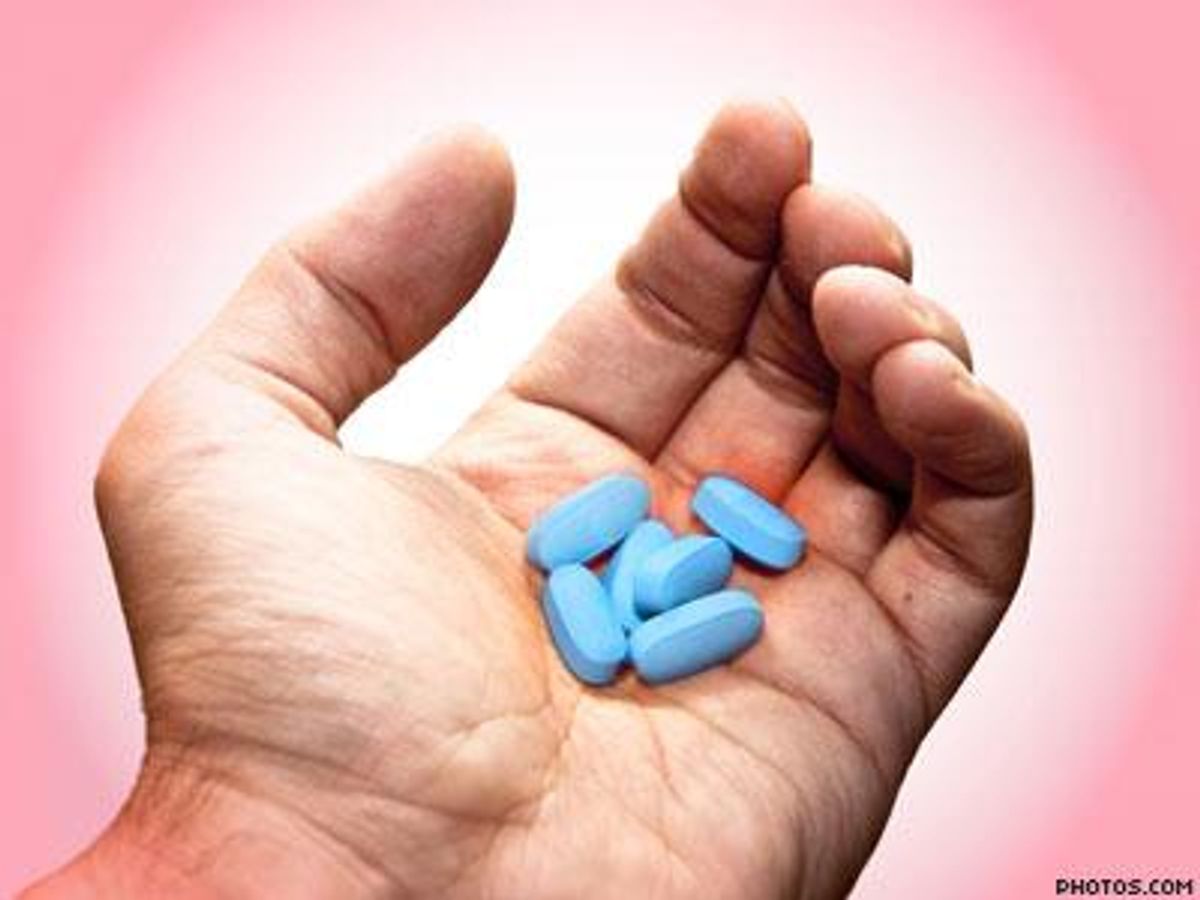As someone who is HIV-positive, sits on the board of the nonprofit Gay Men’s Health Crisis, and frankly, cares about humanity, I find myself asking the same question over and over: What else can be done to prevent new HIV infections?
The answer to prevention has long been grounded in the simple—albeit not always followed—safe-sex mantra. But we’re kidding ourselves if we don’t acknowledge that safe sex is much easier said than done. Condoms may be inexpensive or free, people may know the risk, and science may back the rationale, but when it comes to sex, rational thinking often loses out.
More often than not, I practiced safe sex. But all it took was one moment in 2007 when all my theory, rules, and caution were overridden by that irrational yet human need to be intimate and share a physical connection with someone I cared for.
Since my diagnosis in 2007, I continue to hear claims about the reduced risk of transmission for people with viral loads low enough to be deemed “undetectable.” Before I started
medication, I dismissed that as nothing more than a plea to potential intimate partners. A way to say, “It’s OK to have sex with me—I’m undetectable."
Turns out I was wrong.
Today, as I venture back into the dating world, people often ask, “Are you on medication? Are you healthy?” There is ample evidence that these questions—and their answers—might be more than just rhetoric.
A recent study from a group of Canadian researchers indicates that an undetectable viral load maintained by medication essentially eliminates transmission risk in straight couples. Studies have also suggested that adherence to antiretroviral therapy could reduce the possibility of transmission among gay men. This is huge.
As any good doctor will tell you, there is always risk involved with any sexual activity. I am not arguing that we should abandon the safe-sex conversation. As someone who is today undetectable, I still use protection and demand the same from a partner. But if there is scientific evidence that early treatment can work as another layer of prevention, it would be irresponsible to ignore the critical need for everyone to know their status and begin treatment sooner than later.
To make sure treatment as prevention is as successful as possible, we must continue to fight the
stigma of being positive, minimize the fear of getting tested, and call on medical and pharmaceutical providers to make medication available to everyone who needs it.
Beyond these systemic challenges, there are the even more pressing personal considerations when beginning antiretroviral treatment. For me, it wasn’t an easy decision; the fear of side effects, the possibility of drug resistance, and the thought of being on medication for the rest of my life made for a tough call. Ultimately, though, I made the decision to start a regimen with the help of my primary care physician.
Despite the challenges, treatment as prevention is a growing reality that we must pursue. It requires us all to encourage (and expect) our girlfriend, boyfriend, husband, wife, to know their status and seek proper treatment. There isn’t a moment to wait—our loved ones should learn their status now. Because if we ever hope to really answer the prevention question, we have to rigorously explore every possibility, and it’s clear that early treatment is a promising prospect.
Tyler Helms is vice president of Deutsch Inc., sits on the board of directors for the Gay Men’s Health Crisis, and is founder of the Needle Prick Project.

